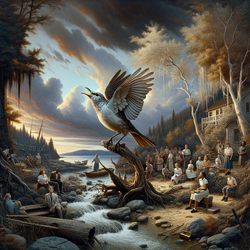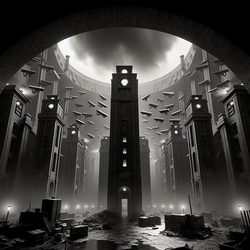
This analysis dissects the moral dilemmas and societal critiques embedded within Harper Lee's 'To Kill a Mockingbird'.
Introduction
Harper Lee's 'To Kill a Mockingbird' is a novel that refuses to shy away from the intricacies of justice and morality in a racially divided America.
Basic Information
The narrative follows the young Scout Finch as she witnesses her father, Atticus Finch, navigate the prejudice legal system of the Deep South.
Content and Analysis
The moral core of the novel rests within Atticus, who stands as a beacon of integrity and empathy. Lee uses the innocence of Scout's perspective to comment on societal injustice.
Personal Evaluation
In my critique, I find Lee’s work to be a defining piece on morality and justice, masterfully capturing the struggles of the era while using them to speak to universal truths.
Conclusion
Ultimately, 'To Kill a Mockingbird' endures as a compelling reflection on human dignity and the quest for righteousness.






